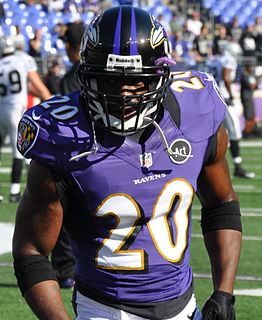Top 1200 Suffering The Consequences Quotes & Sayings - Page 3
Explore popular Suffering The Consequences quotes.
Last updated on April 20, 2025.
Pain in life is inevitable but suffering is not. Pain is what the world does to you, suffering is what you do to yourself [by the way you think about the 'pain' you receive]. Pain is inevitable, suffering is optional. [You can always be grateful that the pain is not worse in quality, quantity, frequency, duration, etc]
To fail to properly contextualize content has historically been the basis for the slaughter of millions of people in every century throughout human history. To ignore context is the greatest source of catastrophe for every generation of man, and it continutes on in the present time with the same catastrophic consequences. There is no greater lesson that needs to be learned to reduce human suffering and bring ignorance to an end.
The essence of love and compassion is understanding, the ability to recognize the physical, material, and psychological suffering of others, to put ourselves "inside the skin" of the other. We "go inside" their body, feelings, and mental formations, and witness for ourselves their suffering. Shallow observation as an outsider is not enough to see their suffering. We must become one with the subject of our observation. When we are in contact with another's suffering, a feeling of compassion is born in us. Compassion means, literally, "to suffer with."
Suffering is an oxymoron. There is unfathomable peace and satisfaction in suffering for Christ. It is as though you have searched endlessly for your purpose in life and now found it in the most unexpected place: In the death of your flesh. It is certainly a moment worth of laughter and dance. And in the end it is not suffering at all. The apostle Paul recommended that we find joy in it. Was he mad?
I marvel now that it was not obvious how inextricable suffering and fear are. It was not until fear left that I noticed, slowly, how it seemed to have taken suffering with it. It took a while to figure out that (for me, anyhow) suffering is mostly caused by fear-not by the circumstances themselves, but by my response to them.
The second noble truth states that we must discover why we are suffering. We must cultivate the courage to look deeply, with clarity and courage, into our own suffering. We often hold the tacit assumption that all of our suffering stems from events in the past. But, whatever the initial seed of trauma, the deeper truth is that our suffering is more closely a result of how we deal with the effect these past events have on us in the present.
We have become terribly vulnerable, not because we suffer but because we have separated ourselves from each other. A patient once told me that he had tried to ignore his own suffering and the suffering of other people because he had wanted to be happy. Yet becoming numb to suffering will not make us happy. The part in us that feels suffering is the same as the part that feels joy.
























































